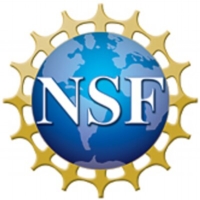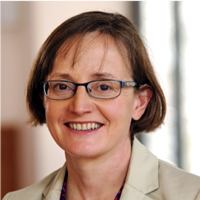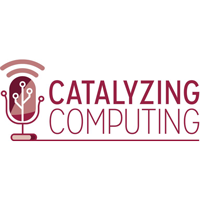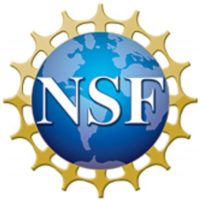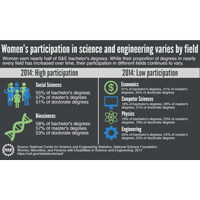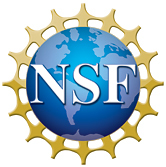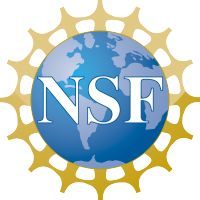The 2019 CISE/Computer Systems Research (CSR) Aspiring Investigators Workshop, will be held at the National Science Foundation on June 20-21, 2019. The goal of the workshop is to familiarize aspiring investigators with the scope of activities supported by CSR, various funding opportunities within the program, and crosscutting programs in which CSR plays a significant role. Aspiring investigators will hear from NSF personnel, as well as other senior investigators on best practices in putting proposals together, developing strong education and outreach programs, maximizing broader impact, and intellectual property and commercialization opportunities. The workshop is open to investigators from institutions eligible to receive NSF funding, who have not received prior regular research grants (excluding CRII and SGER grants) from CSR.
